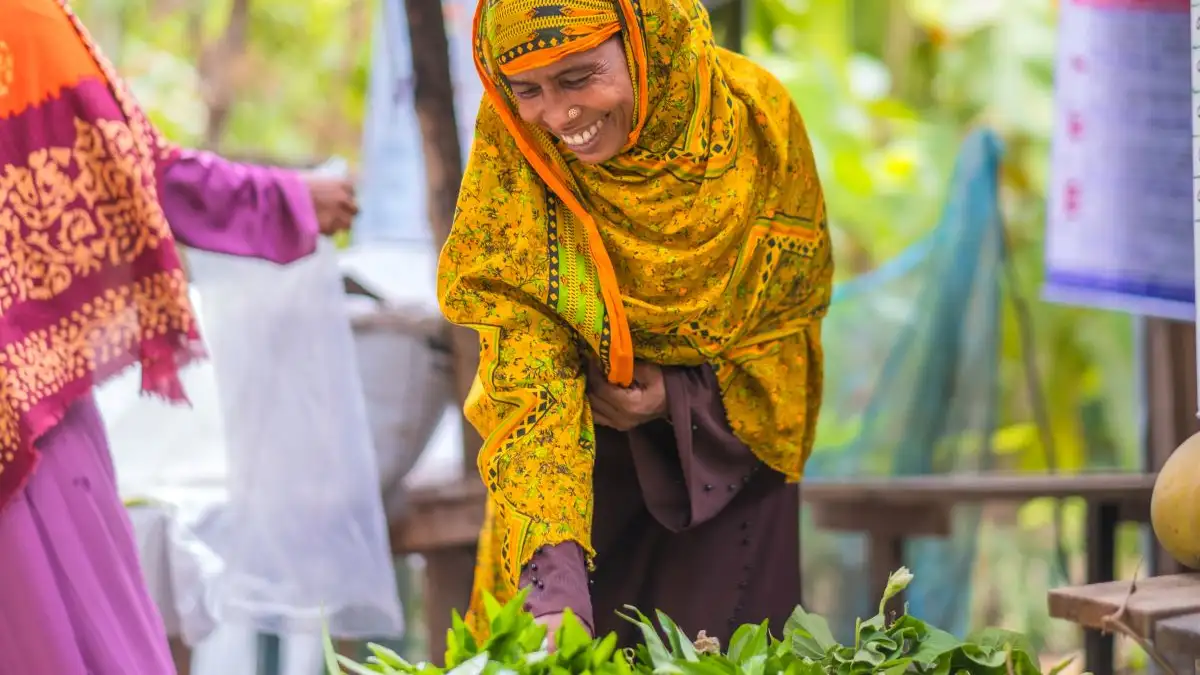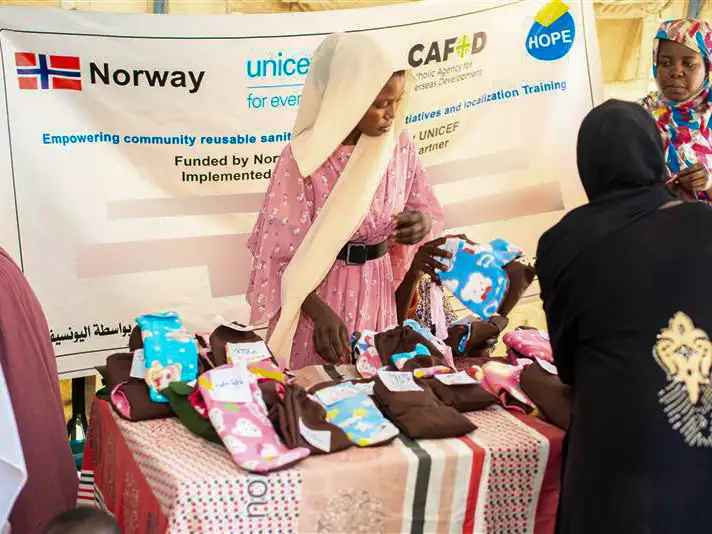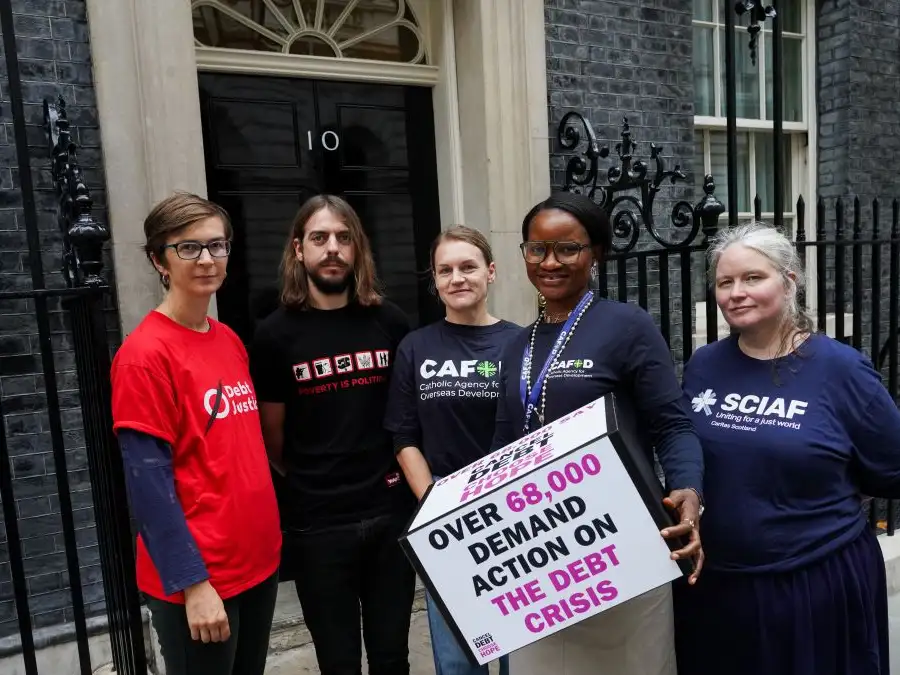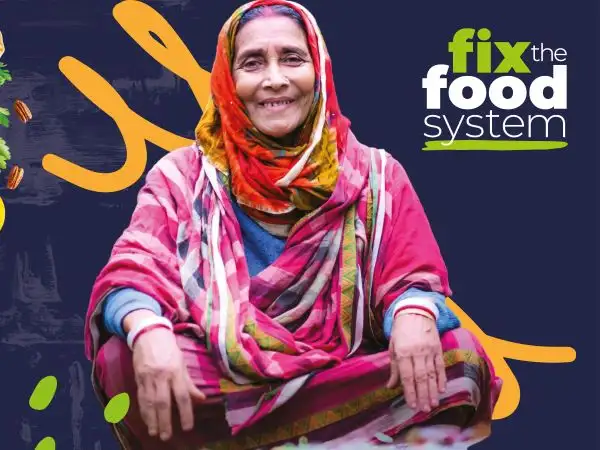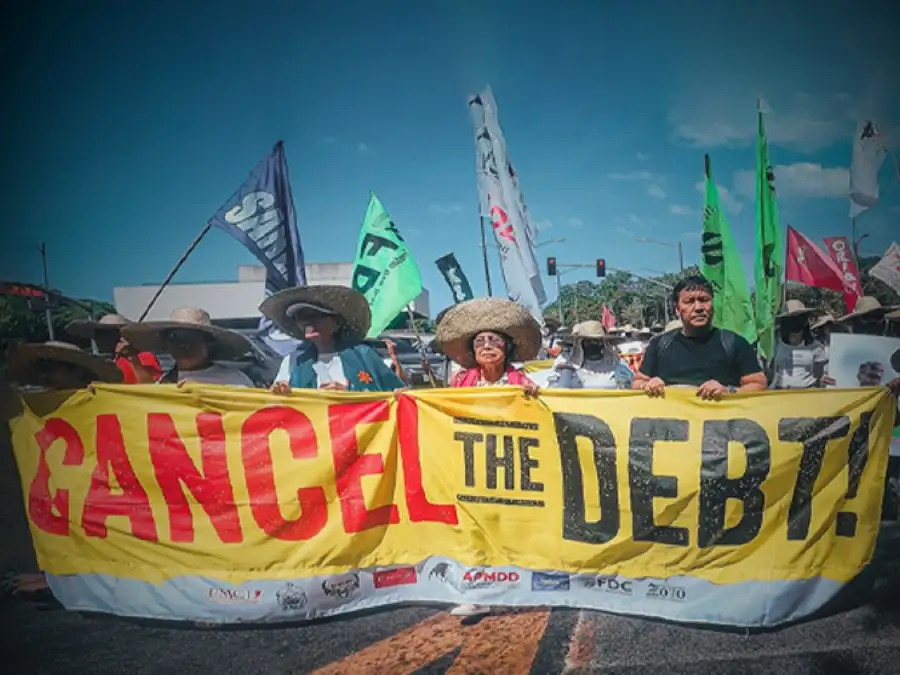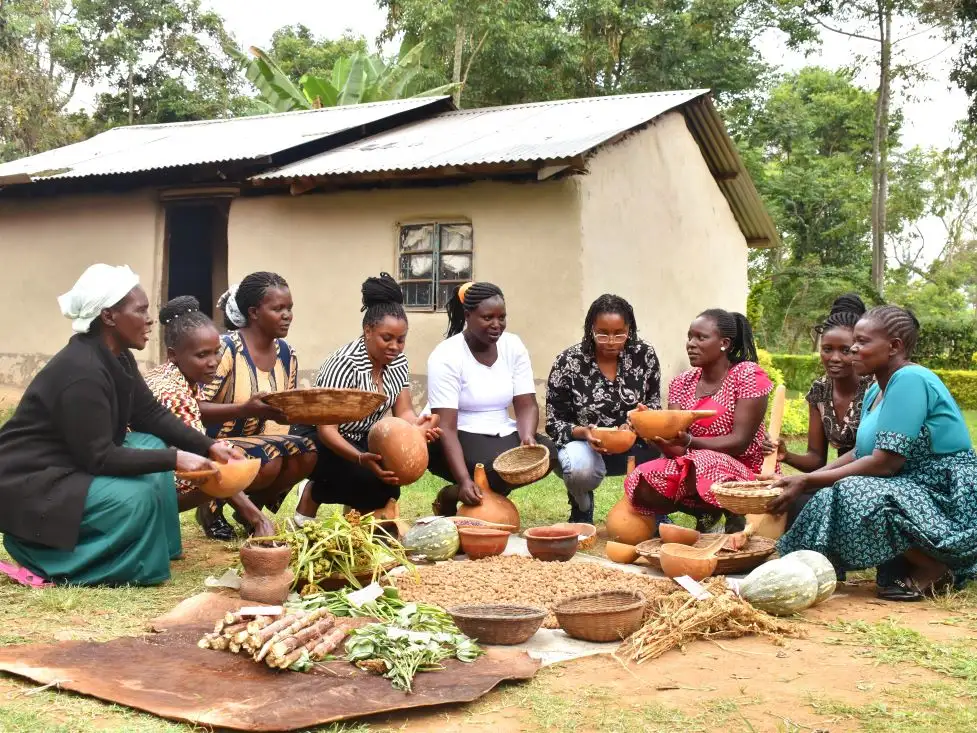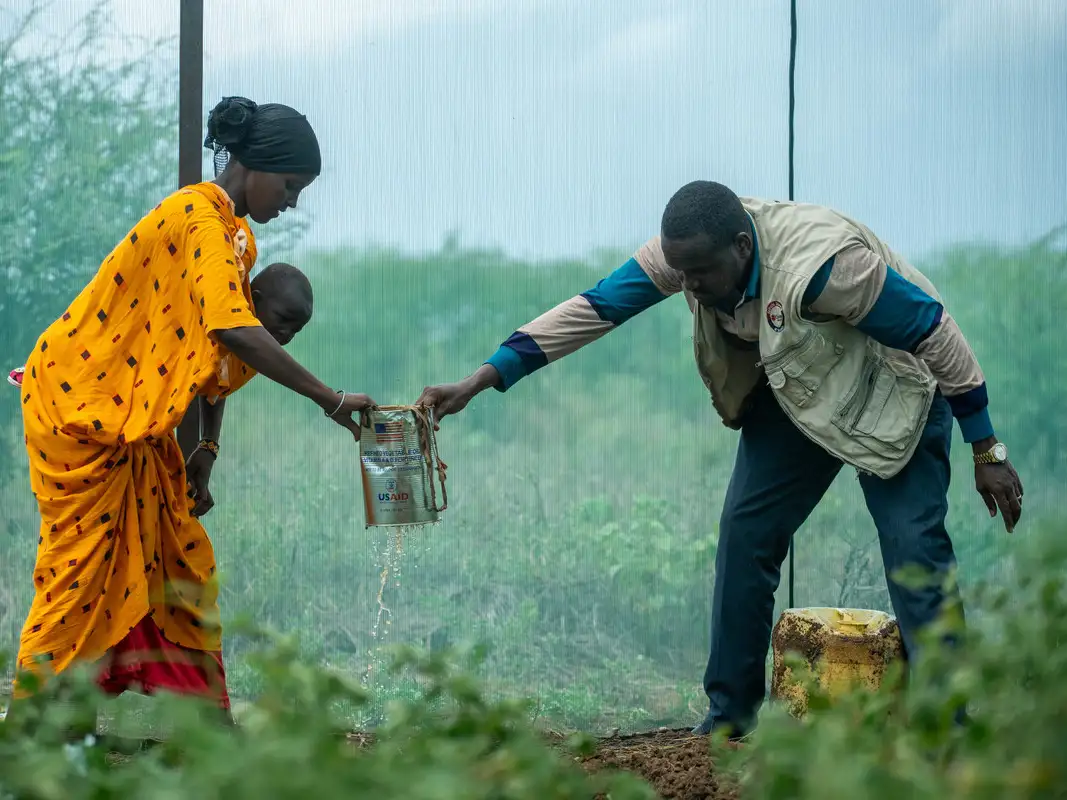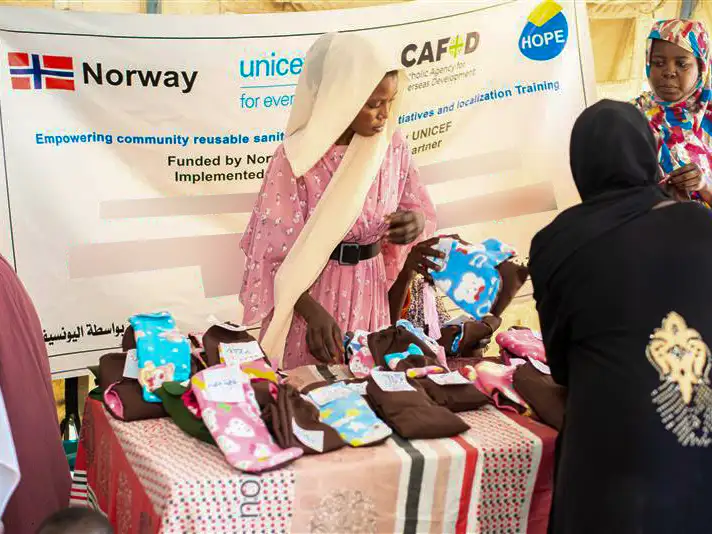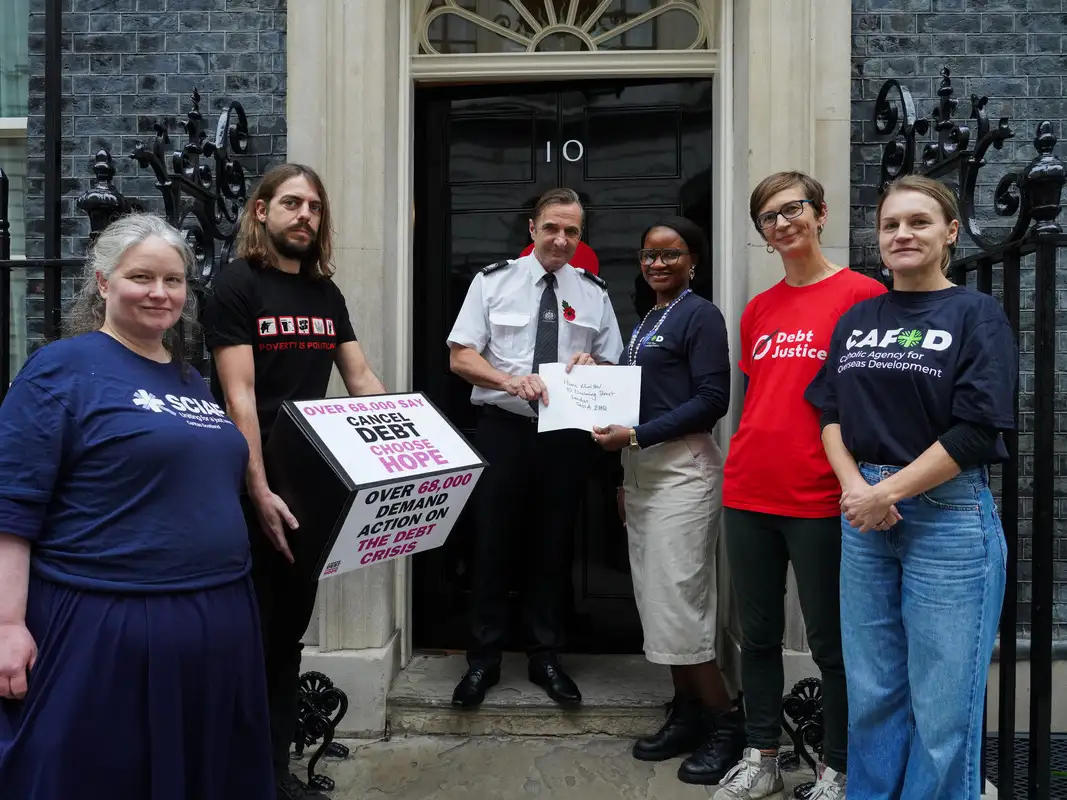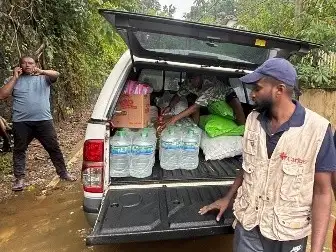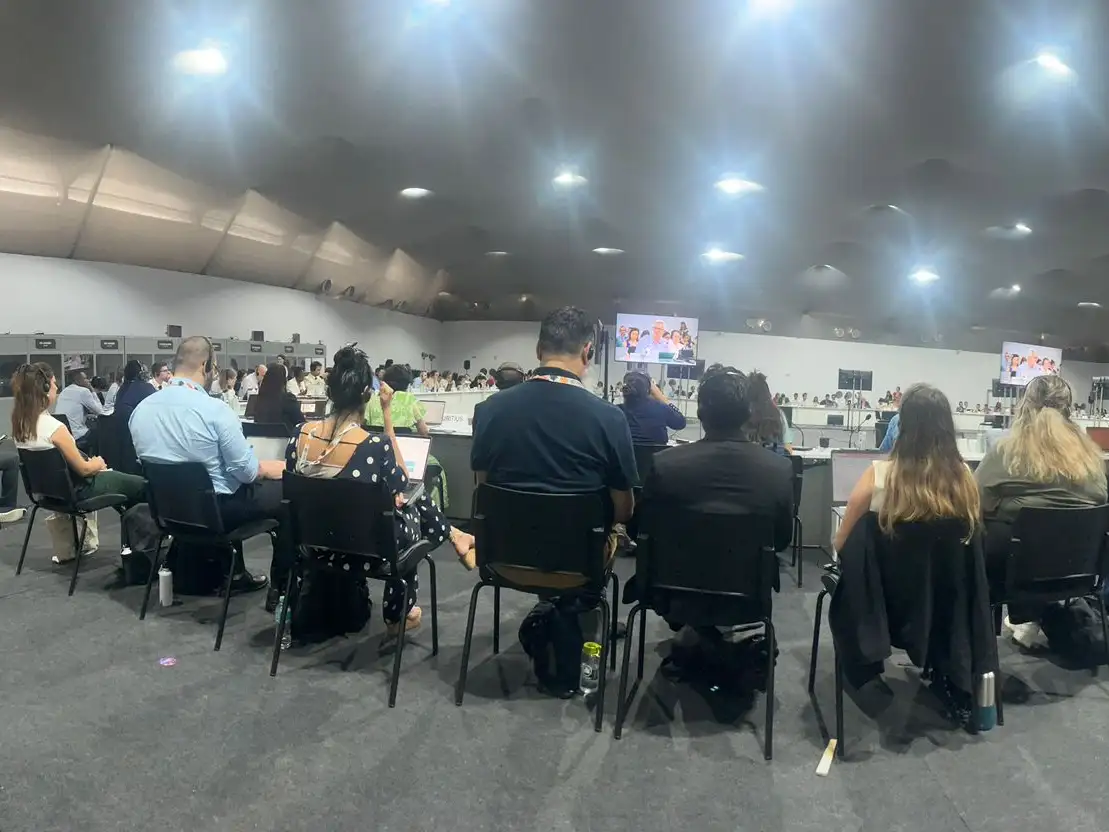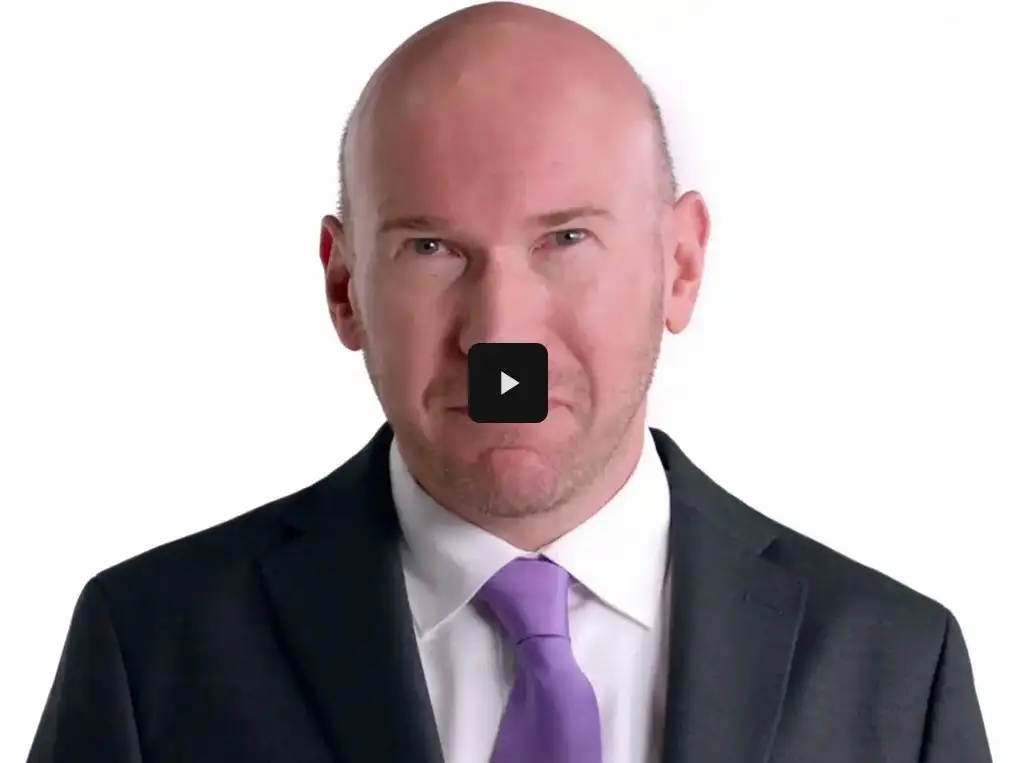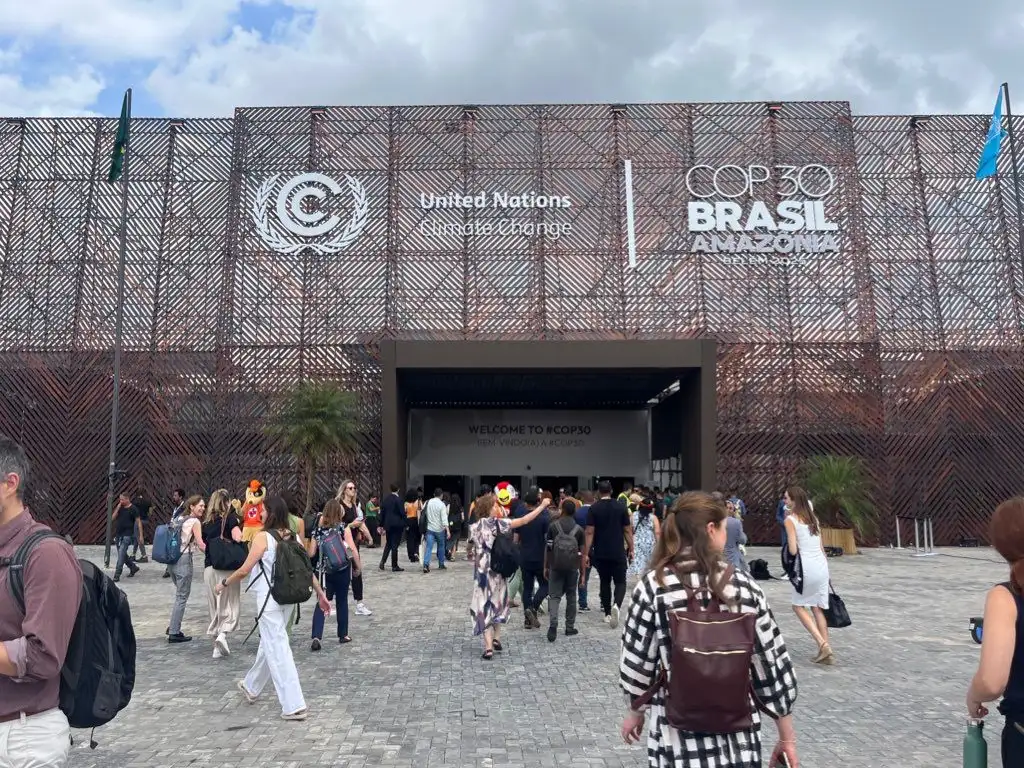We’re calling on the UK government to take urgent, concrete action to end the suffering in Sudan.
We believe in tackling the causes of poverty. Campaign with CAFOD on issues such as the global food system, the climate emergency, the debt crisis and human rights.
Join our latest campaigns and find new ways to put your faith into action.
We are facing the most acute global debt crisis in history and it's the world's poorest countries who are the worst affected.
The global food system is broken. It doesn’t work for those who work the hardest – small farmers – and it’s a major driver of the climate emergency.

COP30: All you need to know
Damiana Lanusse from Caritas Latin America and the Caribbean (SELACC) and Liz Cronin, CAFOD's climate change policy analyst, reported live from Brazil on the COP30 negotiations.
Campaigning news
Slide 1 of 10
Campaign volunteer newsletters



